This is our weekly roundup of good news from around the world. If you'd like to get this in your inbox, you can subscribe for free below.
Good news you didn't hear about
The next time you're on your phone looking at all the ways the world is broken, remember this: globally, there are 50 million more girls in school today than there were in 2015. Completion rates for girls have increased from 86% to 89% in primary school, and from 54% to 61% in high school. There are five million more girls completing each level of education every year now compared to seven years ago. Bad news happens suddenly. Good news happens slowly. UNESCO
Between 2002 and 2022, the Global Fund saved over 59 million lives through its HIV, TB, and malaria programs. Last year the fund achieved record-breaking results: 24.5 million people received antiretroviral treatment for HIV, 6.7 million people were treated for TB, and 220 million mosquito nets were dispersed to at-risk communities.
Between 2018 and 2022, Mozambique exponentially increased its number of community health workers, from 1,000 in 2018 to 8,300 in 2022. Together, these community health workers now reach an estimated two million households countrywide, up from 240,000 households in 2018. World Bank
Between 2013 and 2021, cases of measles in Indonesia decreased by 95%, from 33.2 to 1.4 cases per million, and rubella incidence decreased by 89%, from 9.3 to 1.0 cases per million. Progress was set back in 2022 due to disruptions in immunisation services caused by the pandemic, but efforts are now back on track. WHO
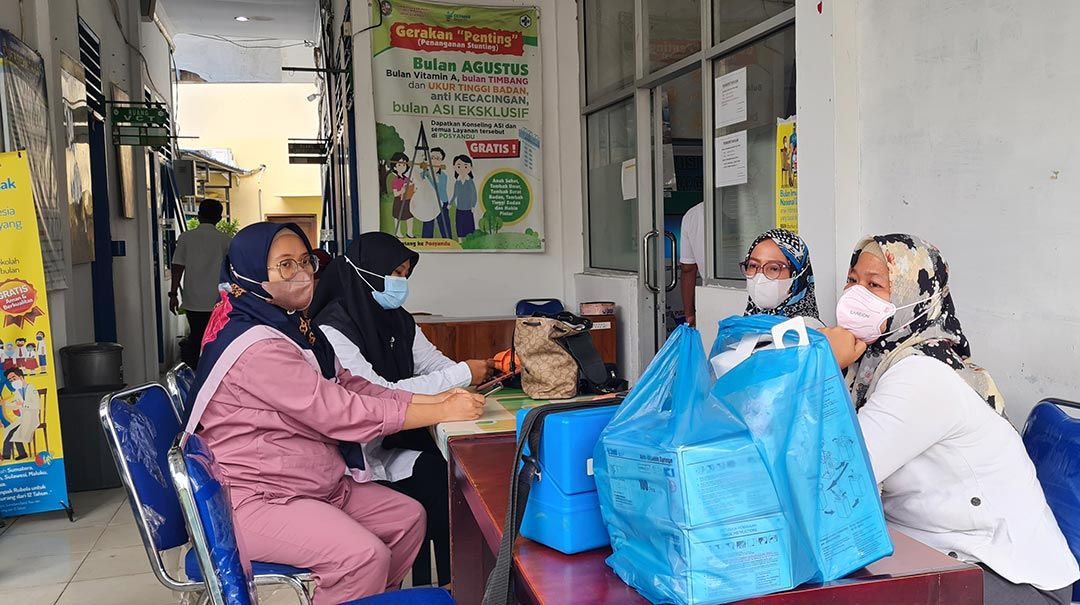
California has approved a new law that makes it possible for residents to ask data brokers to delete their personal data or forbid them to sell or share it. Californians had similar rights under a 2018 state law, but they had to ask each company individually. Now they can make a single request. By August 2026, data brokers will have to check for and honour all requests every 45 days.
The proportion of people in Africa living in shanty towns has fallen from 71% of the urban population in 2003 to 60% today. This is primarily due to North African countries, where the proportion of slum dwellers has fallen from 20% to 13%. In sub-Saharan Africa, the proportion living in shanty towns has fallen by 5%. Afrik21
In 2015, the equivalent of 9% of global GDP was held in tax havens. Today, thanks to the automatic exchange of bank information, this is down to around 3%. There's still a long way to go on a global minimum corporate tax and taxation on billionaires, but this shows that progress can be made when there's the political will to do so. EU Tax Observatory
The UK's Office of National Statistics says that crime in England and Wales has fallen to its lowest level ever recorded, with incidents of violent crime falling by 28% for 2023, up until June. A separate survey, which polls members of the public, suggests theft has dropped by 20% and incidents of anti-social behaviour are down 15% compared to pre-pandemic levels. BBC
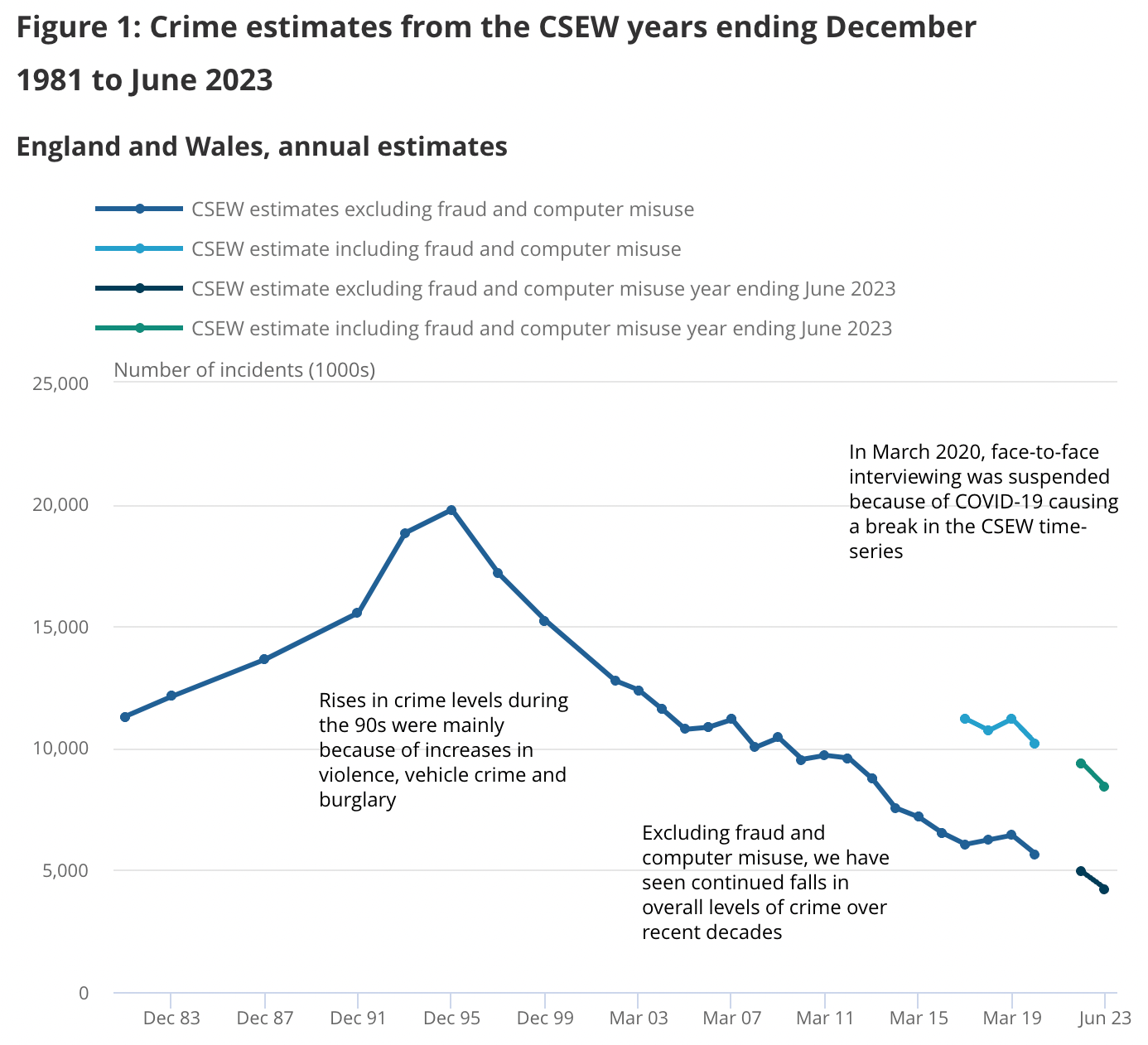
Over the last decade, Americans with disabilities have made major progress in finding work and gaining qualifications. The share of those who held full-time employment rose from 20.9% in 2010 to 26.9% in 2021, and the share who hold at least a bachelor’s degree grew from 12.2% to 17.9%. Both are the highest numbers on record. GZero
A rare bit of good news from South Africa. The proportion of people over the age of 20 years with no formal education fell from 19.1% in 1996 to 6.9% in 2022. During the same period, the proportion of people completing high school rose from 16.3% to 37.6%, and those completing tertiary education rose from 7.1% to 12.2%. SA News
Scientists say they've made the biggest breakthrough in treating cervical cancer in 20 years, using a course of cheap, existing drugs ahead of radiotherapy treatment. Trials show the new therapy cut the risk of women dying or the cancer returning by more than a third. Cancer Research UK has called the results 'remarkable.' BBC
Crash and fatality rates among drivers under 21 have fallen dramatically in the United States during the past 20 years. Between 2002 and 2021, fatal crashes involving a young driver fell by 38%, while deaths of young drivers dropped even more, by about 45%. AP
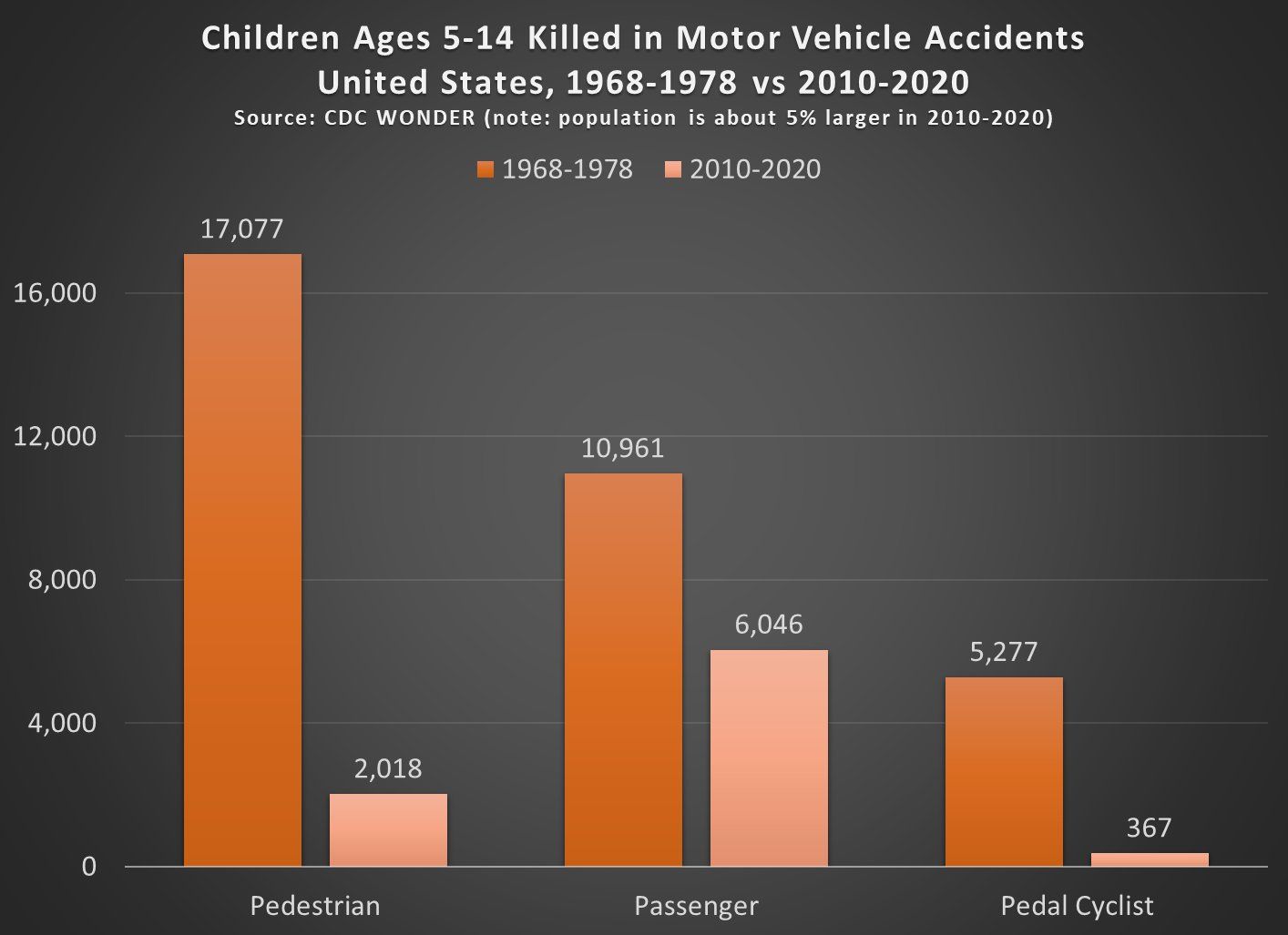
Even more good news you didn't hear about
The World Bank is injecting over a billion dollars into African healthcare, focusing on mothers, children, and refugees. In 2009, Norway began offering all girls the HPV vaccine. That first cohort is now 25 years old, and none of them has had cervical cancer. The Lao People’s Democratic Republic has successfully eliminated lymphatic filariasis as a public health problem. In July this year, Maryland passed a law providing free health coverage to all pregnant people, regardless of immigration status, and thousands have already enrolled. New Orleans has experienced an astonishing decline in gun violence this year,. Denver experimented with giving people $1,000 a month, and it reduced homelessness and increased employment. In Chicago, 5,000 people received monthly cash payments of $500 from the city for a year and it made a big difference. Young people in California are committing way less crime than previous generations. Philadelphia will become a safe haven for trans people, and a federal court in Washington has ruled that transgender convicts must be given access to quality gender-affirming care.
If it bleeds, it leads
Someone has been paying attention after all. Thank you to LA Times senior editor David Lauter for restoring our faith in US journalism. Not sure which part is better, the headline or the list of most-read stories.
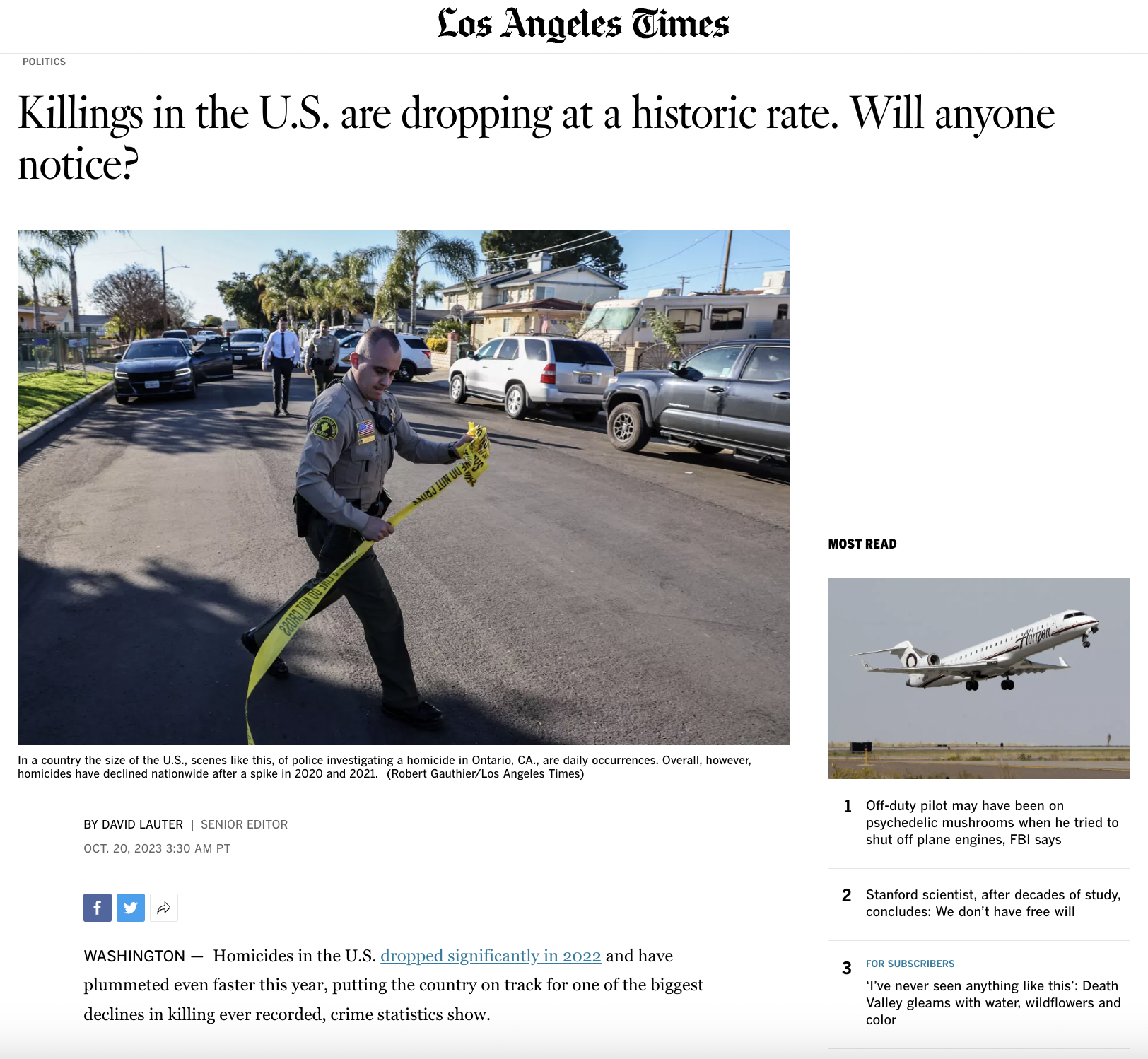
The only home we've ever known
Over two decades of conservation efforts in China have paid off, with 29,200 hectares of mangroves recorded last year, an increase of 7,200 hectares since 2000. This makes it one of the few countries in the world with a net increase in the size of its mangrove forests. China Daily
The population of critically-endangered North Atlantic right whales appears to have levelled off after a decade of steep decline, according to updated data released this morning by Canadian and American scientists. 'The slowing down of the decline is sort of the first good news that we've had in a long time.' CBC
Following the EU ban on its fishery products earlier this year, Cameroon has stepped up its fight against illegal fishing with revised legislation and heightened surveillance. The ban has spurred widespread action to protect the marine ecosystems and coastal livelihoods that are impacted by illegal fishing activities. Fair Planet
New Zealand is expanding its area of protected ocean by more than two-thirds with six new marine reserves planned for next year. The new reserves will protect habitats for species such as the yellow-eyed penguin, the Northern royal albatross, the New Zealand sea lion, sponges, sea squirts, and reef fishes. RNZ
This ensures we can uphold our cultural traditions and retain an intergenerational connection with our moana, without alienating our whānau from their ancestral fisheries, like what has happened when other marine reserves have been established.
Te Rūnanga o Ngāi Tahu Deputy Kaiwhakahaere Matapura Ellison
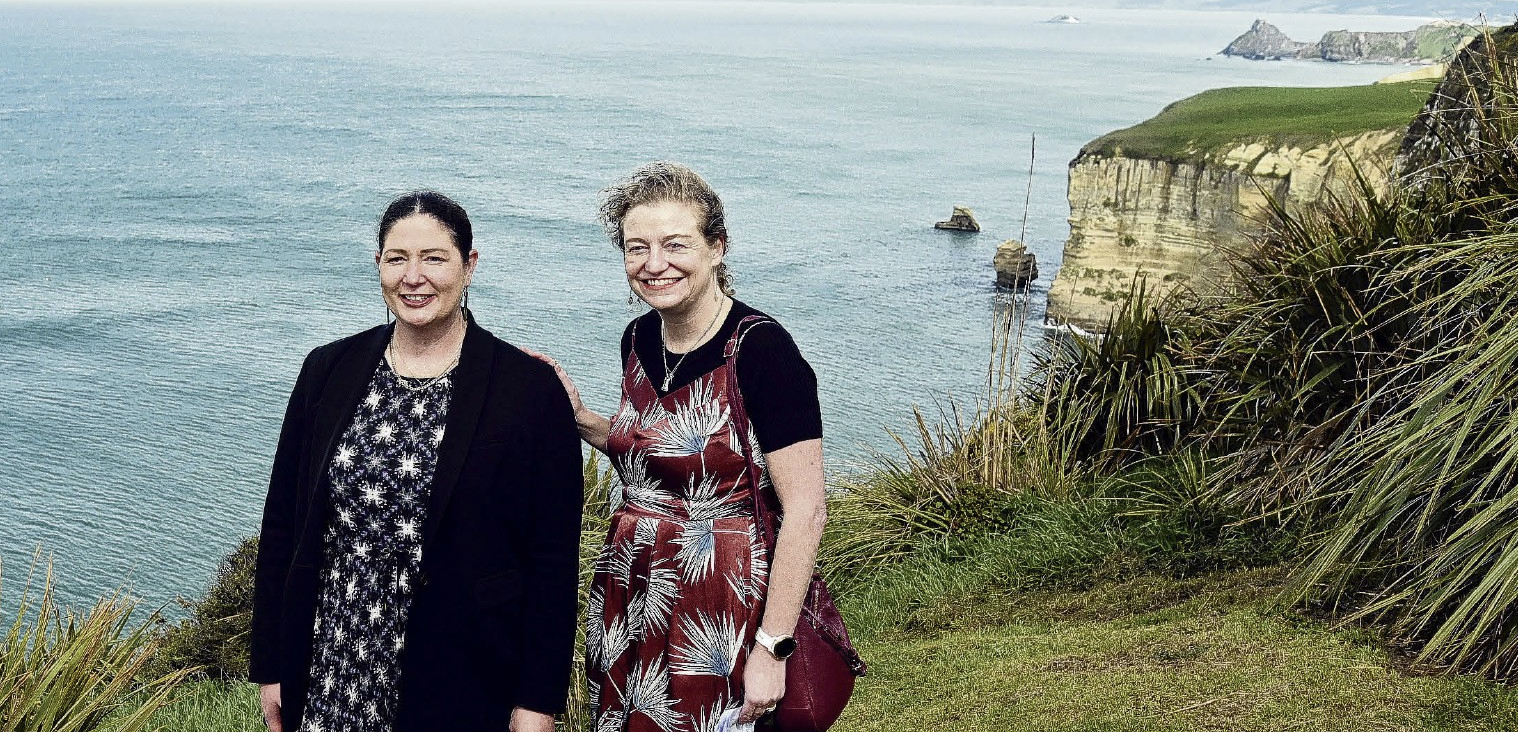
A historic victory for animal rights in Wales, with a total ban on snares and glue traps. The ban is the first of its kind in the UK and will end the suffering of non-target animals who often get caught, including wildlife, pets, and farm animals such as sheep and lambs.
A win for wildlife across California, with a new law banning diphacinone, a first-generation rat poison developed before 1970. Mountain lions, coyotes, and other animals have become unintended victims after eating smaller animals that have consumed the rat poison. The law expands on a 2020 bill that banned second-generation rodenticides (developed after 1970). West Observer
Malaysia is cracking down on wildlife poaching and trafficking. The recent arrest of Teo Boon Ching, a notorious trafficker, is expected to make a dent in the illegal global trade. The Wildlife Crime Bureau has been granted more power and this year has recorded 192 wildlife crime cases, arrested 175 people, destroyed 181 wildlife traps, and identified 485 signs of encroachment. NST
Idaho has established its first Backcountry Conservation Area to 'support wildlife-dependent recreation and hunting activities.' Bennett Hills will protect more than 120,000 acres of grasslands that are home to upland game bird species, elk, and mule deer. Boise State Public Radio
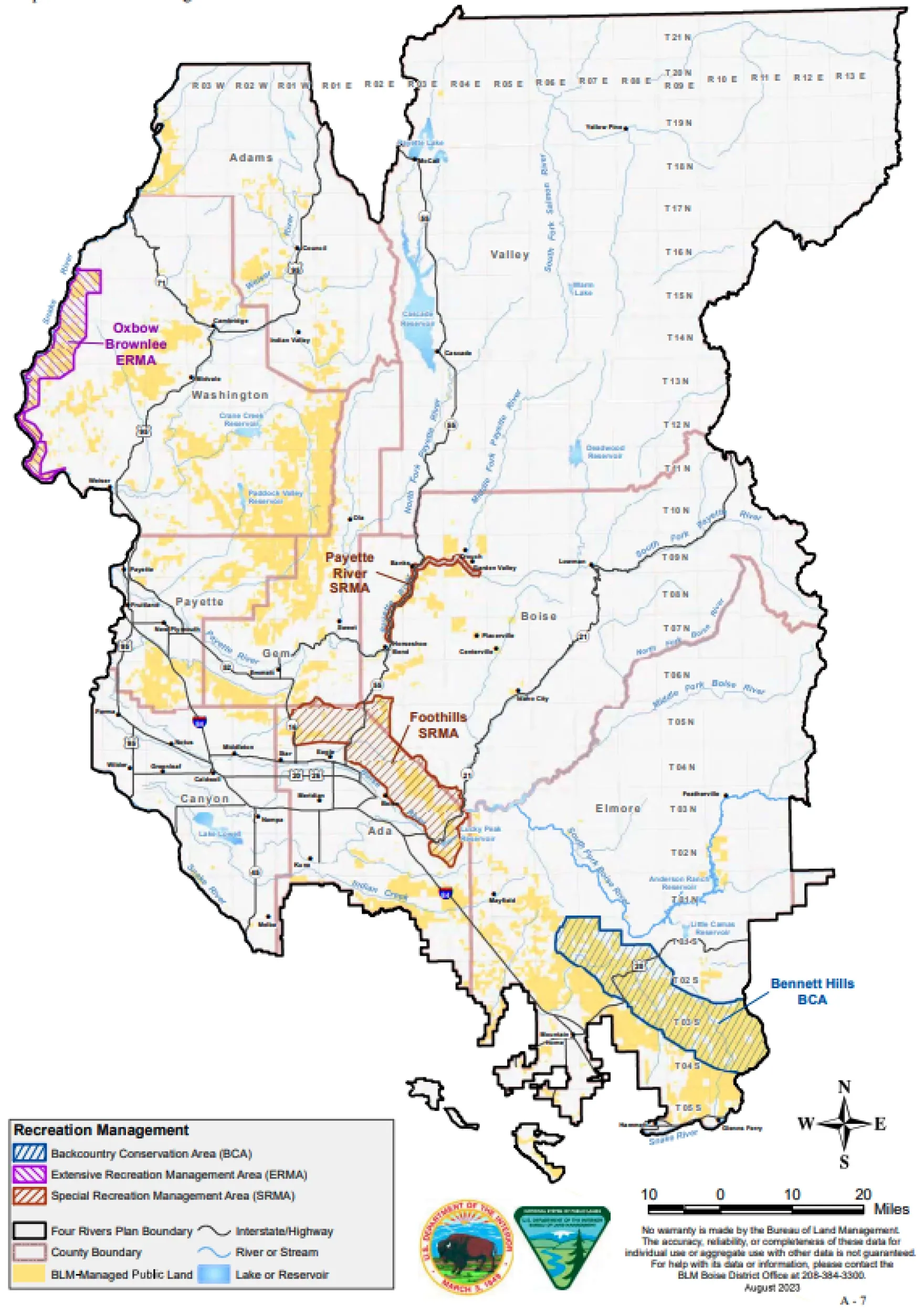
The EU is fighting microplastics pollution with a ban on products that have microplastics added to them, including cosmetics, detergents, glitter, fertilisers, toys, and artificial sports surfaces. An estimated 42,000 tons of microplastics are added to products sold in the EU every year. 'This is an opportunity for the European industry to be at the forefront of the development towards more sustainability and innovation.' DW
Between 2018 and 2022, Indonesia reduced its marine plastic waste from 615,675 tonnes to 408,885. This means the country’s position among the world’s largest contributors of plastic waste has fallen from second to fifth, a trend that looks set to continue as it aims for a further 70% reduction of marine debris by 2024. Antara News
A few more home runs
Ecuador has a new wildlife reserve protecting 61,673 acres of high Andean ecosystems. In Romania, a proposed 101,000-hectare park looks set to become a Yellowstone for Europe. The first-ever release of 19 wildcats in the Scottish Highlands over the summer has been a success. Local restoration efforts are underway in Spain to clean up Europe’s largest saltwater lagoon. A new wildlife corridor in Malaysia will connect the Tabin Wildlife Reserve and Silabukan Forest Reserve to protect a crucial habitat of 1,200 orangutans. Abandoned oil rigs off the coast of California have found new life as vibrant ecosystems. Oklahoma has restored nearly 100 unhealthy streams thanks to regenerative agriculture. Cranberry growers in Massachusetts are restoring former bogs into thriving wetlands. Australia is boosting its protection of three endangered and three critically-endangered sea turtle species in the Great Barrier Reef. Stormwater ponds in Sweden that 'celebrate the joy of being part of nature.'

That's a wrap for this edition, thanks for reading! We'll see you next week.
With love,
Gus and Amy



